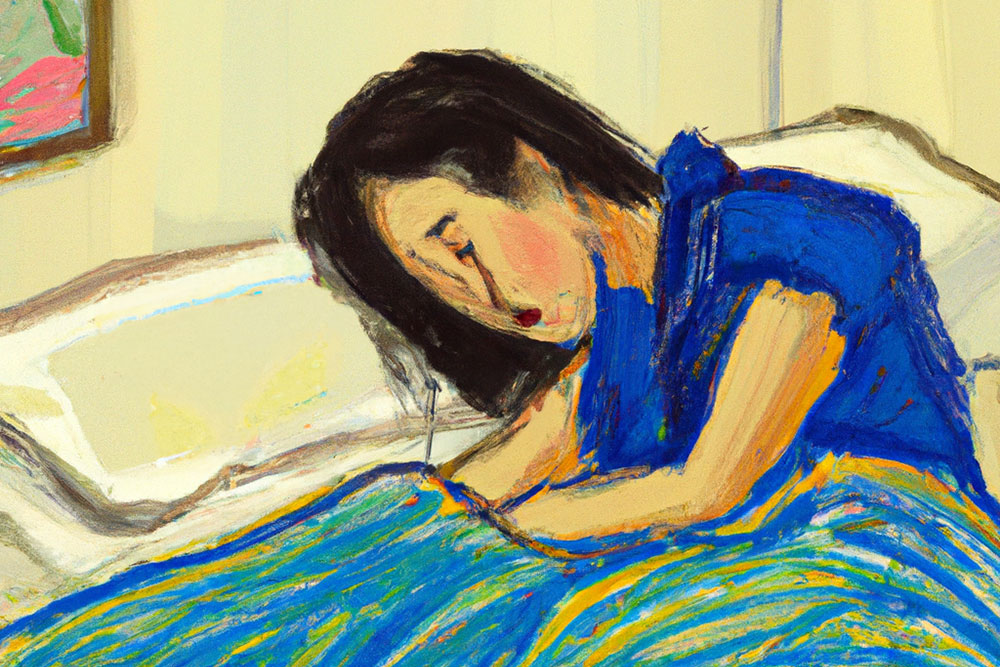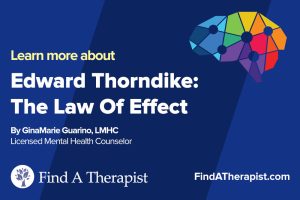Bipolar Disorder: What You Need To Know
Published on July 9th, 2018
Updated on January 3rd, 2024

Bipolar disorder is a disorder that affects a person’s life in many different ways. It causes emotional, cognitive, and behavioral symptoms that can be difficult to cope with daily.
With bipolar disorder, an affected person experiences extreme highs and lows in mood. These highs and lows are referred to as:
- Mania. Mania is a state of extreme energy. It also can erratic behavior and impulsivity, along with other symptoms
- Hypomania. Hypomania is a state of heightened energy and mildly erratic behavior. Hypomania is similar to mania but causes less severe symptoms.
- Depression. Depression can cause intense sadness, numbness, or lack of interest in engaging with life.
Types of Bipolar Disorder
Bipolar disorder is a condition that can cause drastic mood changes. The type of change can be different between cases, but there have been patterns of how the condition develops. Because of this, there are types of the disorder that may be diagnosed to an affected person.
Sponsored by

Choose a therapist to work with and start healing with 20% off from BetterHelp.
Click HereThere are three major types of bipolar disorder:
Bipolar I:
People who suffer from bipolar I experience episodes of mania and depression. They may also experience a hypomanic episode between manic episodes.
Bipolar II:
People diagnosed with bipolar II experience hypomanic episodes and depressive episodes. A hypomanic episode causes less intense symptoms of mania.
Cyclothymic Disorder:
Cyclothymic disorder is a condition in which a person experiences mood swings that are less intense than bipolar I and II. Cyclothymic disorder will cause hypomanic and depressive mood swings. These highs and lows will be experienced less often and with less intensity than Bipolar I and II.

Symptoms of Bipolar Disorder
Bipolar disorder can cause cycles of symptoms. The fluctuation between depression and mania causes symptoms and behaviors that impact a person’s life. Being able to identify symptoms of bipolar disorder is important for treatment and recovery.
Symptoms of bipolar disorder include:
- Insomnia or sleep issues
- Changes in weight and appetite
- Psychotic episodes (hallucinations and delusions)
- Loss of self-awareness
- Changes in sex drive
- Episodic depressed symptoms
- Loss of appetite
- Extreme sadness
- Despondence
- Feelings of hopelessness
- Thoughts of self-harm
- Difficulty feeling motivated
- Episodic manic or hypomanic symptoms
- States of high energy
- Grandiose thoughts
- Episodes of extreme motivation or setting unattainable goals
- Impulsivity
- Racing thoughts
- Lowered inhibitions
- Irritability
- Difficulty coping with stress
- Difficulty with focusing on tasks
- Lack of interest in enjoyable activities
- Dangerous, impulsive, or promiscuous behavior
- Paranoia
Each episode of bipolar disorder causes different symptoms. These symptoms have a major impact on an affected person’s health and wellness. A person with bipolar disorder may struggle with life challenges, including:
- Emotional regulation
- Relationships
- Educational or career issues
- Substance use
- Cognitive impairment
They may also suffer from thoughts of suicide or psychotic episodes. A person with bipolar disorder should seek mental health treatment.
Causes and Effects of Bipolar Disorder
Different contributing factors can cause bipolar disorder. People may develop the disorder for different reasons, like:
- Genetics
- Environmental Influences
- Upbringing
- Child development
- Biological Factors
Bipolar disorder causes emotional stress. It has the potential to be damaging to an affected person’s quality of life. Many people with bipolar disorder face many life struggles, including:
Relationship issues.
Relationships can be impacted by a case of bipolar disorder. The mood swings and behavior changes can cause a person to act in ways that are alarming to others. This can result in strained relationships.
Societal misconceptions.
Bipolar disorder is often misunderstood. A lack of knowledge about the disorder can cause people to jump to conclusions. Many people with bipolar disorder can feel alienated or cast out by society.
Self-image and emotional issues.
Bipolar disorder creates feelings that are difficult for an affected person to feel. Those who suffer from bipolar disorder may feel out of control of their emotions or behavior. This can cause them to feel helpless or powerless over their condition. They may develop a poor self-image from feeling misunderstood or stereotyped by others.
Stress management.
People who suffer from bipolar disorder may have a difficult time managing stress. Difficulty managing stress can trigger reactivity. An affected person may unexpectedly act out in anger or rage.
Treatment of Bipolar Disorder
Treatment of bipolar disorder typically involves a combination of therapy and medication. These methods of treatment can help a person regulate their symptoms. It also teaches them about the disorder and what they can do to cope with stress and emotions in a healthy way.
Different types of therapy may be used to treat a person with bipolar disorder. The following are types of therapy that can help teach a person how to manage their condition in a healthy way:
- Psychoanalysis
- Cognitive therapy
- Behavioral therapy
- Cognitive-behavioral therapy
- Dialectical-behavioral therapy
Substance use treatment may also be recommended if an affected person is using drugs or alcohol to cope with symptoms, or if their symptoms are related to their substance use.
Sponsored by

Find an affordable therapist online with 20% off from BetterHelp.
Click Here






Leave A Reply